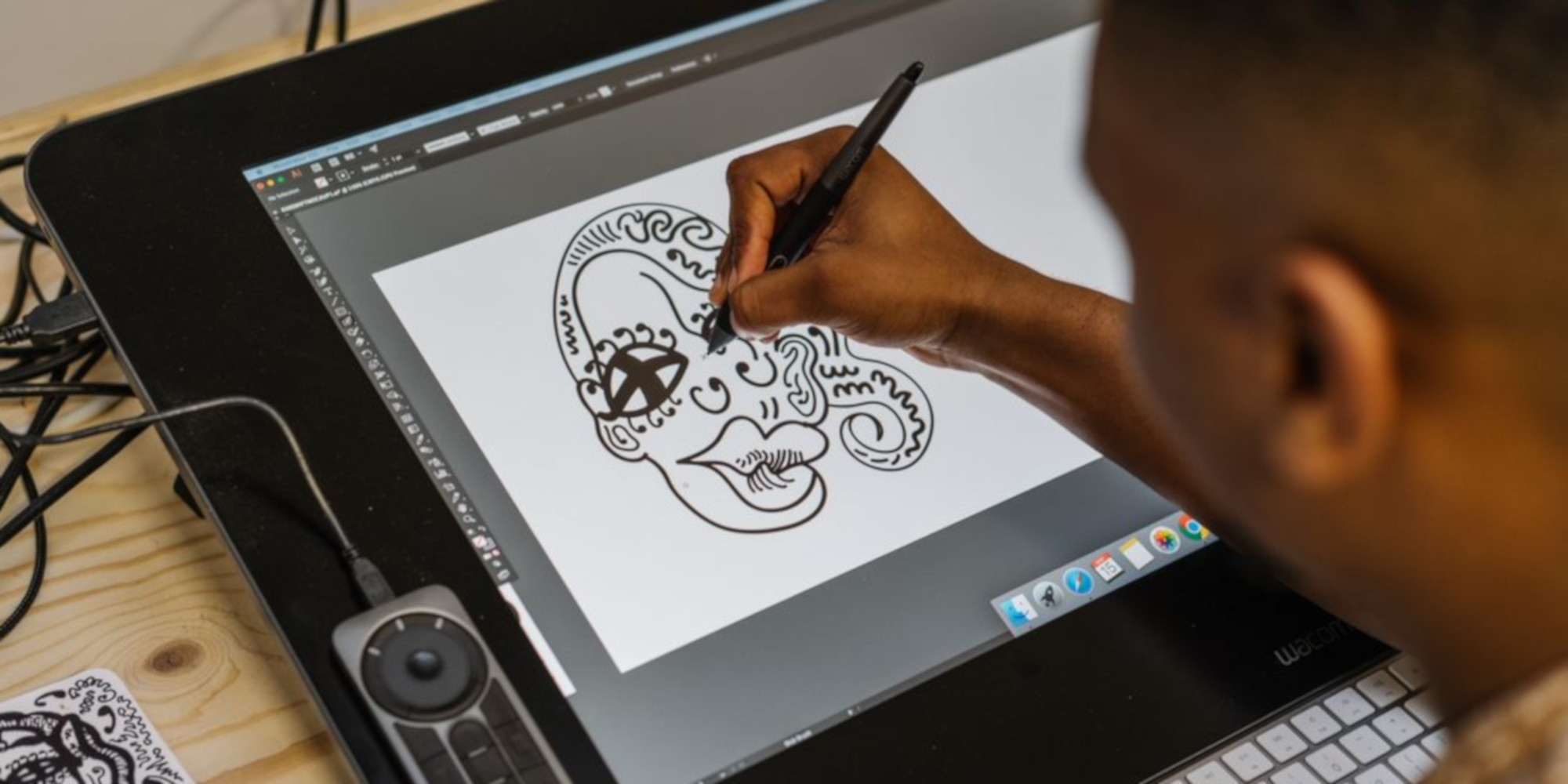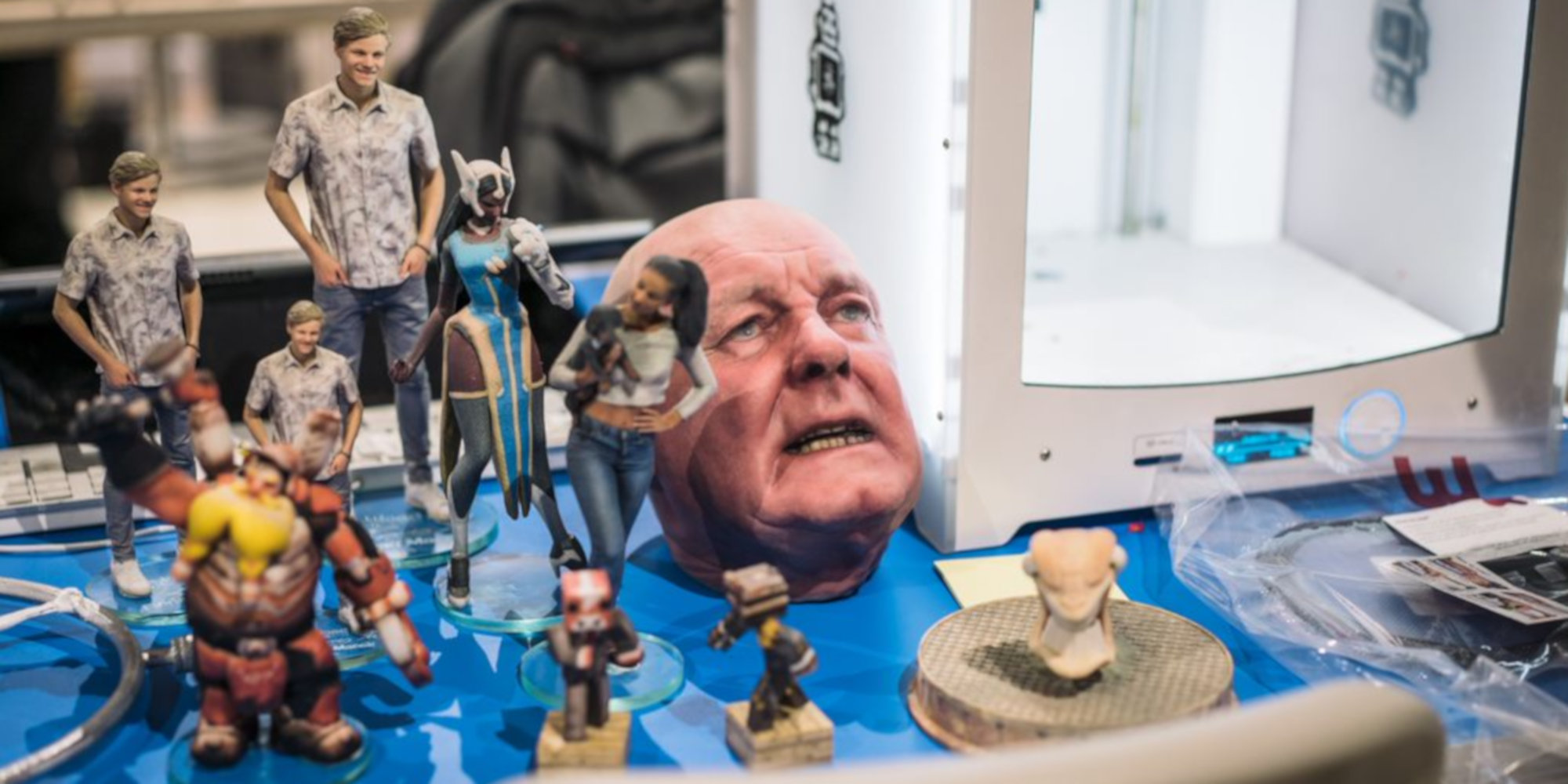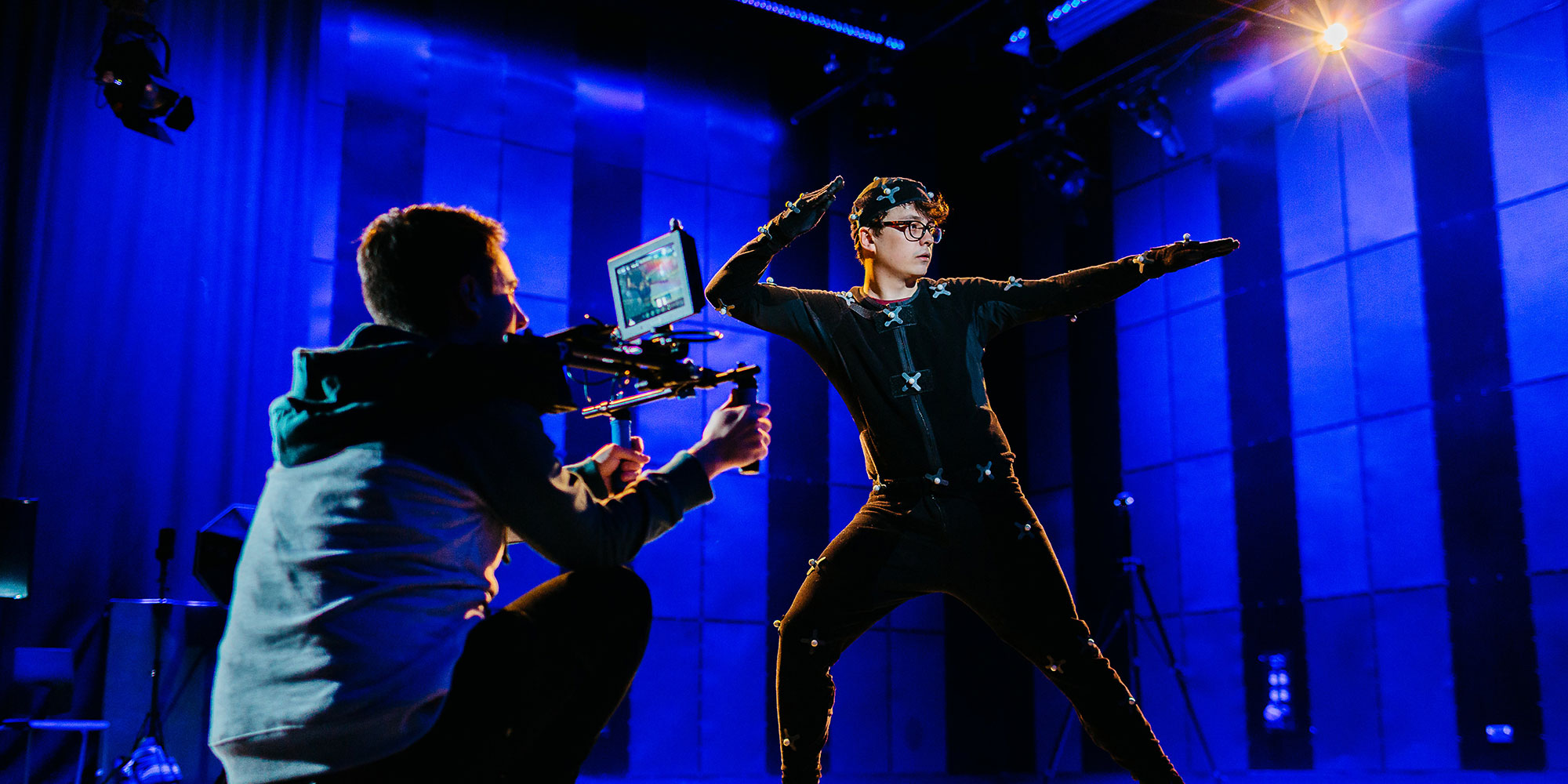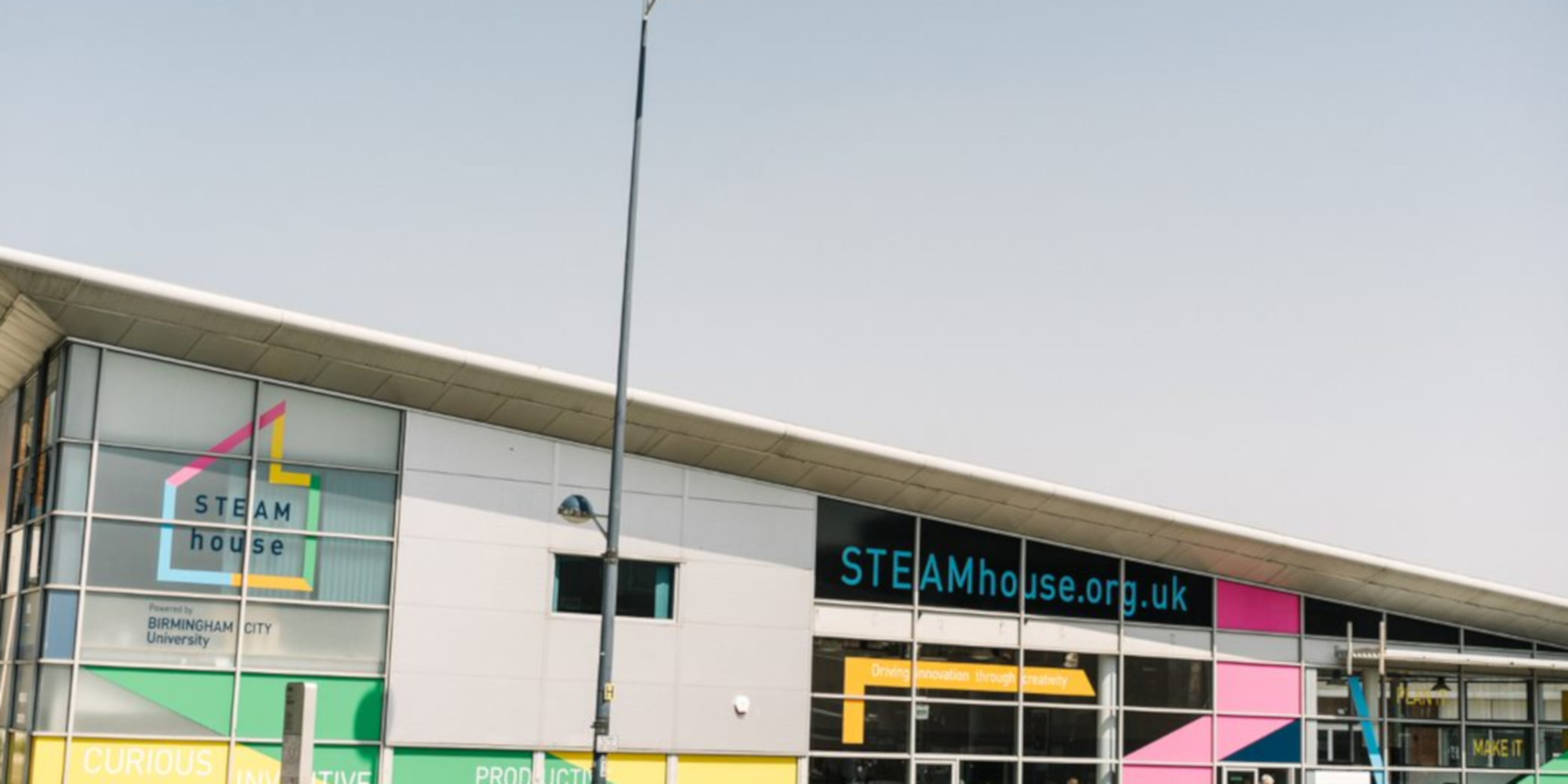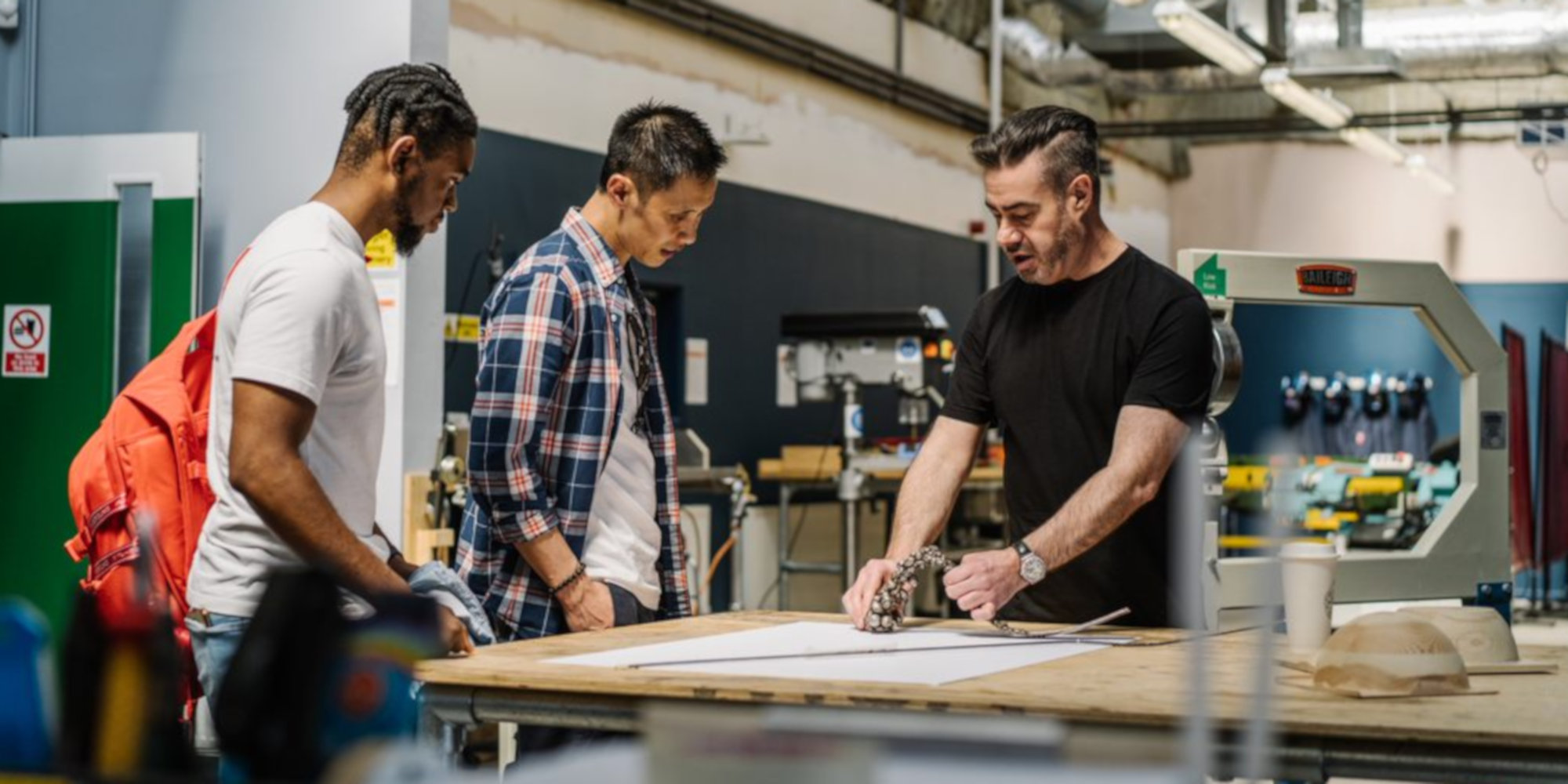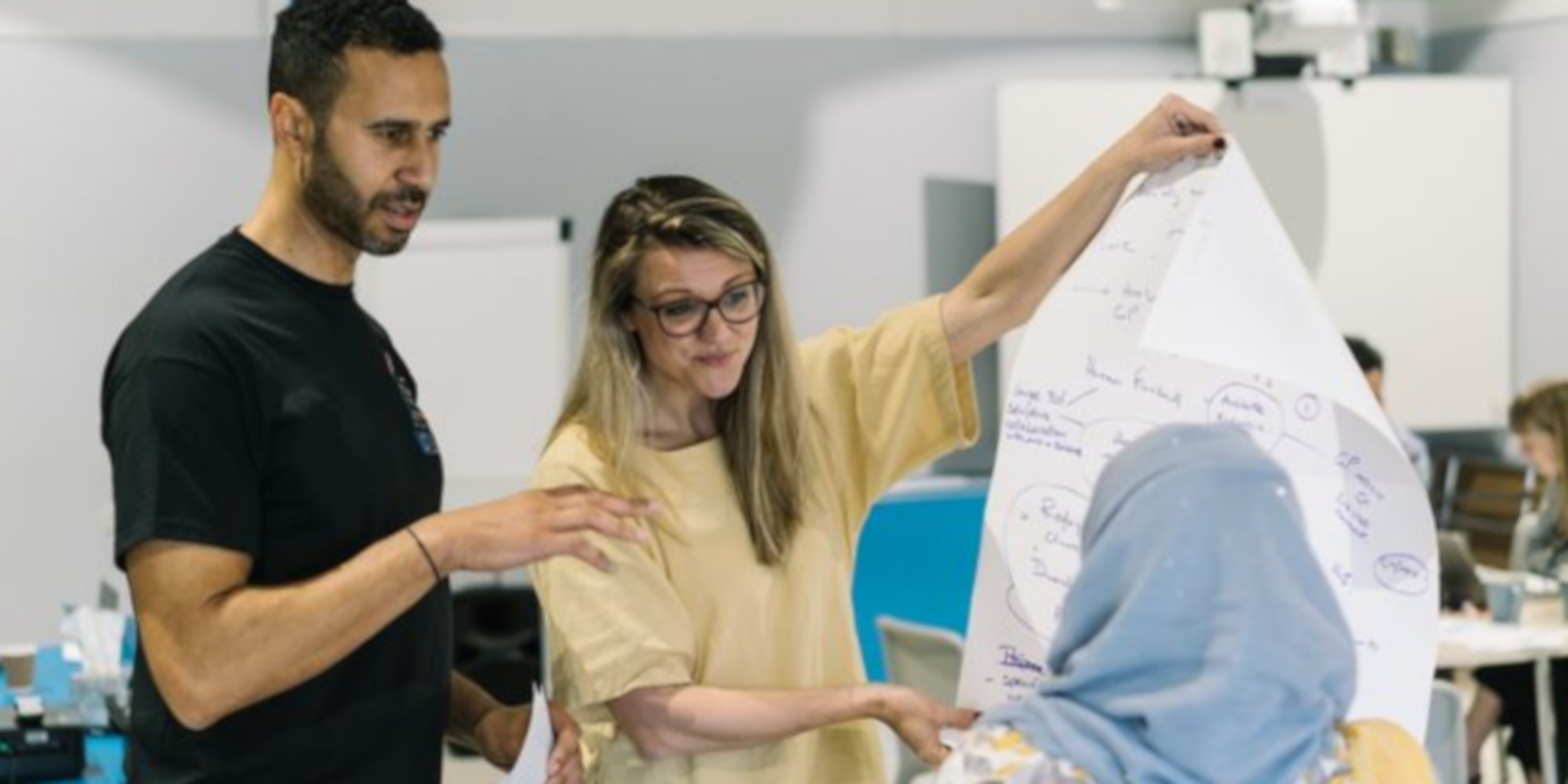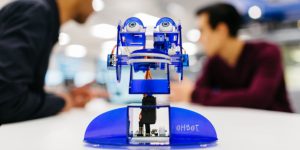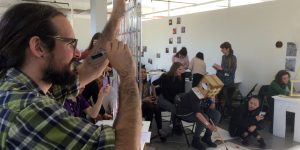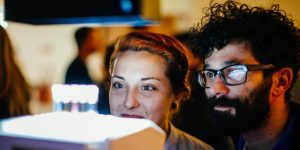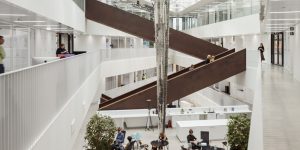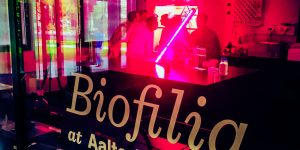Rapid change requires rapid adaptability, and our capacity to adapt is informed by our ability to integrate diverse approaches. To accommodate this, higher education has needed to transcend an historically embedded approach to learning that has seen different types of knowledge segregated across disciplinary silos. Policy ambitions throughout Europe and across the world have recognized that knowledge in science, engineering and mathematics need to be nurtured to engage with rapid advances in technology. However, it has also become increasingly evident that art as a unique and adaptive form of knowledge should also be combined with our approach to STEM education. Art thinking offers a holistic way of understanding complex connections and can act as a translator between different communities of knowledge. By including art, STEAM education ensures that there is an interdisciplinary switchboard operator actively integrating different approaches to solving the same problems we face today.
STEAM Inc is an Erasmus+ knowledge alliance that draws together leading transdisciplinary institutions in Europe to develop a program of best practices in higher education STEAM innovation and curriculum. STEAM thinking is a process that promotes collaboration between the arts, science, technology, engineering and maths. STEAM evolved from STEM, an interdisciplinary and applied approach to education understood to deliver the necessary skills for the high-tech and high-value jobs deemed critical for economic prosperity in the 21st century. This position has increasingly been extended to incorporate the benefits that ‘artistic’ practice can provide. Approaches that favour clear application of creativity and imagination, in combination with more typically STEM skills, are considered to be routes to deeper insight and more transformative innovation.
What constitutes creativity and imagination is a potentially contentious point, yet an outlook that focuses on areas of intersection between the arts and sciences can lead to certain, tangible benefits. These can include techniques for collaborating across disciplines, an ability to consider varied perspectives, and skills in identifying points of common ground. Such competencies are combinatorial in nature, and if integrated into a higher education curriculum, will lead to an acceleration in transdisciplinary innovation.
Whilst arguments for supporting STEM are well rehearsed, STEAM is becoming more and more prevalent in the higher education sector. This is not only as a way of ensuring that students acquire the multi- trans- and inter-disciplinary skills required for the future jobs market, but also to increase intellectual curiosity and, through collaborative approaches, to prime them in developing solutions to multi- aspect global challenges. Furthermore, a higher education institution with STEAM at its centre, is well positioned to develop new and responsive curricula that move beyond the traditional segregation of faculties and schools found in most European universities.
Timetable
Program
Project Credits / Acknowledgements
STEAM INC is funded with the support of the European Union and the Erasmus+ Programme.
